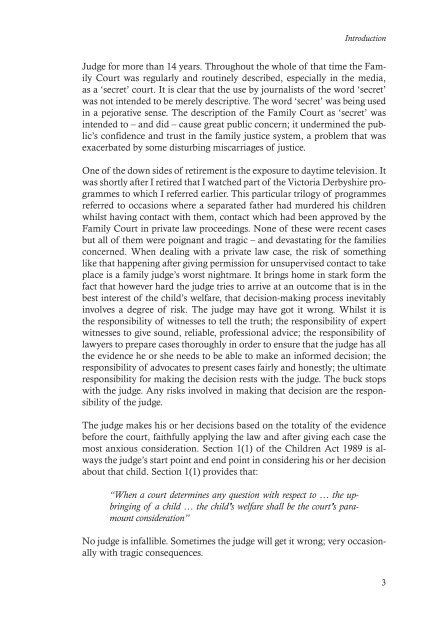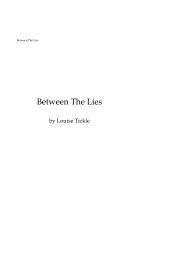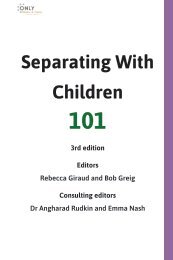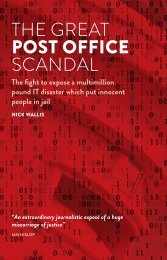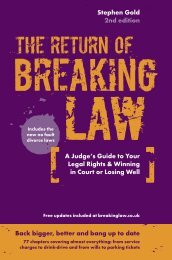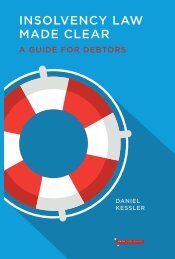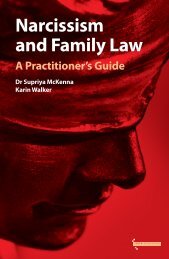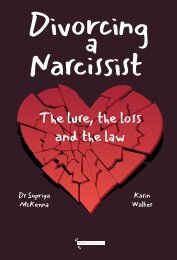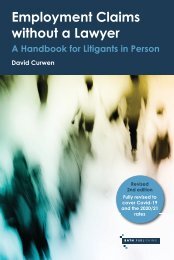The 'Secret' Family Court: Fact Or Fiction?
For approaching two decades, family courts have been accused of making life changing decisions about children and who they live with made in secret, away from the scrutiny of the public gaze. Recognising the force of these accusations, senior family courts judges have, over that time, implemented a raft of rule changes, pilot projects and judicial guidance aimed at making the family justice more accountable and transparent. But has any progress been made? Are there still suspicions that family judges make irrevocable, unaccountable decisions in private hearings? And if so, are those suspicions justified and what can be done to dispel them? In this important and timely new book, Clifford Bellamy, a recently retired family judge who has been at the sharp end of family justice during all these changes, attempts to answer those questions and more. He has spoken to leading journalists, judges and academic researchers to find out what the obstacles to open reporting are – be they legal, economic or cultural - and interweaves their insights with informed analysis on how the laws regulating family court reporting operate. Along the way he provides a comprehensive review of the raft of initiatives he has seen come and go, summarises the position now and uses this experience to suggest how this fundamental aspect of our justice system could adapt in the face of this criticism. Every professional working in the family justice system – lawyers, social workers, court staff and judges - as well as those who job it is to report on legal affairs, should read this informative, nuanced exposition of what open justice means and why it matters so much to those whose lives are upended by the family justice system.
For approaching two decades, family courts have been accused of making life changing decisions about children and who they live with made in secret, away from the scrutiny of the public gaze. Recognising the force of these accusations, senior family courts judges have, over that time, implemented a raft of rule changes, pilot projects and judicial guidance aimed at making the family justice more accountable and transparent.
But has any progress been made? Are there still suspicions that family judges make irrevocable, unaccountable decisions in private hearings? And if so, are those suspicions justified and what can be done to dispel them?
In this important and timely new book, Clifford Bellamy, a recently retired family judge who has been at the sharp end of family justice during all these changes, attempts to answer those questions and more. He has spoken to leading journalists, judges and academic researchers to find out what the obstacles to open reporting are – be they legal, economic or cultural - and interweaves their insights with informed analysis on how the laws regulating family court reporting operate. Along the way he provides a comprehensive review of the raft of initiatives he has seen come and go, summarises the position now and uses this experience to suggest how this fundamental aspect of our justice system could adapt in the face of this criticism.
Every professional working in the family justice system – lawyers, social workers, court staff and judges - as well as those who job it is to report on legal affairs, should read this informative, nuanced exposition of what open justice means and why it matters so much to those whose lives are upended by the family justice system.
You also want an ePaper? Increase the reach of your titles
YUMPU automatically turns print PDFs into web optimized ePapers that Google loves.
Introduction<br />
Judge for more than 14 years. Throughout the whole of that time the <strong>Family</strong><br />
<strong>Court</strong> was regularly and routinely described, especially in the media,<br />
as a ‘secret’ court. It is clear that the use by journalists of the word ‘secret’<br />
was not intended to be merely descriptive. <strong>The</strong> word ‘secret’ was being used<br />
in a pejorative sense. <strong>The</strong> description of the <strong>Family</strong> <strong>Court</strong> as ‘secret’ was<br />
intended to – and did – cause great public concern; it undermined the public’s<br />
confidence and trust in the family justice system, a problem that was<br />
exacerbated by some disturbing miscarriages of justice.<br />
One of the down sides of retirement is the exposure to daytime television. It<br />
was shortly after I retired that I watched part of the Victoria Derbyshire programmes<br />
to which I referred earlier. This particular trilogy of programmes<br />
referred to occasions where a separated father had murdered his children<br />
whilst having contact with them, contact which had been approved by the<br />
<strong>Family</strong> <strong>Court</strong> in private law proceedings. None of these were recent cases<br />
but all of them were poignant and tragic – and devastating for the families<br />
concerned. When dealing with a private law case, the risk of something<br />
like that happening after giving permission for unsupervised contact to take<br />
place is a family judge’s worst nightmare. It brings home in stark form the<br />
fact that however hard the judge tries to arrive at an outcome that is in the<br />
best interest of the child’s welfare, that decision-making process inevitably<br />
involves a degree of risk. <strong>The</strong> judge may have got it wrong. Whilst it is<br />
the responsibility of witnesses to tell the truth; the responsibility of expert<br />
witnesses to give sound, reliable, professional advice; the responsibility of<br />
lawyers to prepare cases thoroughly in order to ensure that the judge has all<br />
the evidence he or she needs to be able to make an informed decision; the<br />
responsibility of advocates to present cases fairly and honestly; the ultimate<br />
responsibility for making the decision rests with the judge. <strong>The</strong> buck stops<br />
with the judge. Any risks involved in making that decision are the responsibility<br />
of the judge.<br />
<strong>The</strong> judge makes his or her decisions based on the totality of the evidence<br />
before the court, faithfully applying the law and after giving each case the<br />
most anxious consideration. Section 1(1) of the Children Act 1989 is always<br />
the judge’s start point and end point in considering his or her decision<br />
about that child. Section 1(1) provides that:<br />
“When a court determines any question with respect to … the upbringing<br />
of a child … the child’s welfare shall be the court’s paramount<br />
consideration”<br />
No judge is infallible. Sometimes the judge will get it wrong; very occasionally<br />
with tragic consequences.<br />
3


